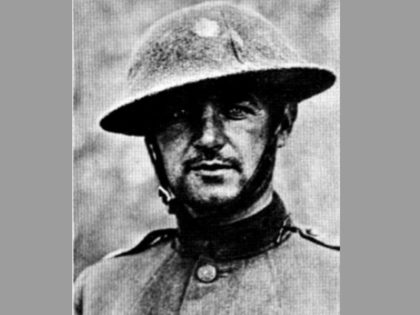Exclusive–O’Donnell: A Plague Ship and Undaunted Courage
Over one hundred years ago, a pandemic gripped the world. Caught in that plague was a sailor who had to choose between his life and his ship.
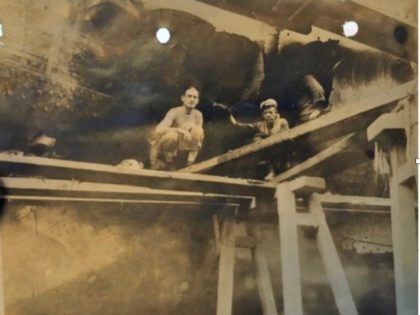
Over one hundred years ago, a pandemic gripped the world. Caught in that plague was a sailor who had to choose between his life and his ship.

Every year on Memorial Day at the cemetery at Belleau Wood in France the United States Marine Corps honors their fallen Marines who saved Paris during World War I from the German army.

This week, small towns and big cities all across the country will hold parades and other celebrations in honor of their veterans. One of the most poignant and meaningful of these ceremonies will take place at the Tomb of the Unknown Soldier at Arlington National Cemetery.

For those on the ground in Europe the last twenty-four hours before the cessation of hostilities on the eleventh hour of the eleventh day of the eleventh month in 1918, that day was nothing less than hell on earth.
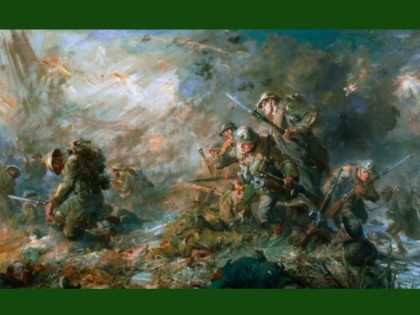
This week marks the hundredth anniversary of the beginning of America’s largest and deadliest battle: The Meuse-Argonne Offensive. One of the greatest stories of World War I and that battle involved Sergeant Alvin York.
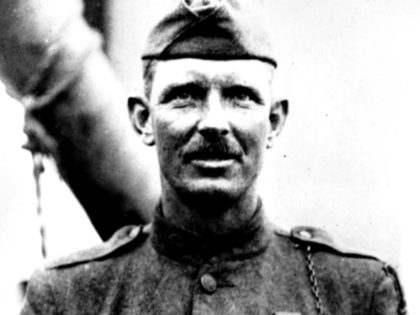
The American pilot turned his De Haviland DH-4 biplane sharply to avoid fire from a German plane in the air above St. Mihiel, France. As he did, castor oil that had leaked from the engine dripped onto his uniform and splattered on his goggles.
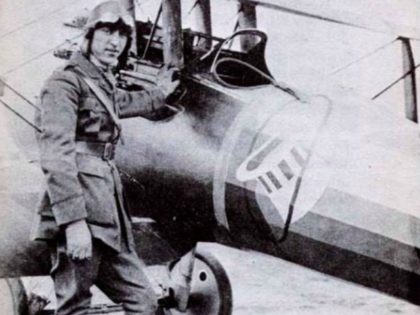
A short, scrawny 19-year-old Marine dashed through a deadly artillery barrage with a .45 in one hand and a grenade in the other. John Kelly, who served as a messenger on the front lines of the Western Front, came face-to-face with a German about to fire his machine gun.

This July marks the 100th anniversary of the Battle of Vaux, a small but tactically brilliant fight that helped lead to Allied victory in the Great War.

One hundred years ago, Allied troops readied themselves for a forgotten battle that turned the tide of World War I. Thousands of American servicemen marched through the night to position themselves for a surprise strike against the Germans.
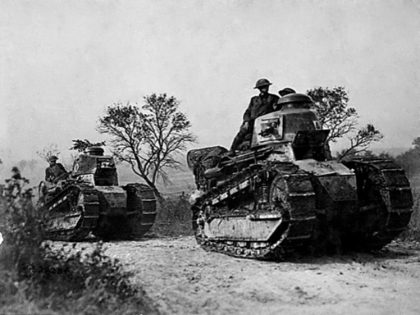
This month marks the 100th anniversary of an epic battle where a small band of Americans halted the last German offensive of World War I. For their heroics, the unit would be forever immortalized as the “Rock of the Marne.”
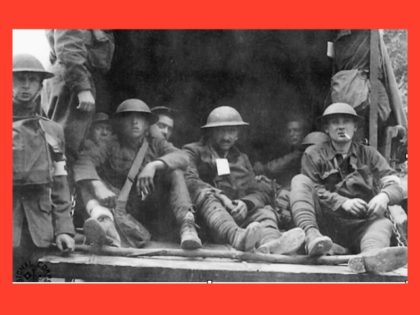
Most of us have forgotten that average Americans, many of them poorly trained and using inadequate equipment, helped defeat one of the greatest armies in the world at the time — the German Army.
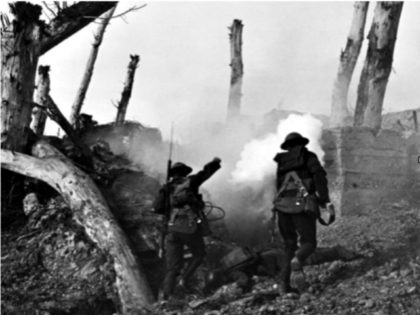
Modern submarines are amazing technological marvels that can dive to astonishing depths, run on nuclear power and stay underwater for months at a time. But a hundred years ago, the diesel-powered U-boats that terrorized Atlantic shipping were far less advanced.
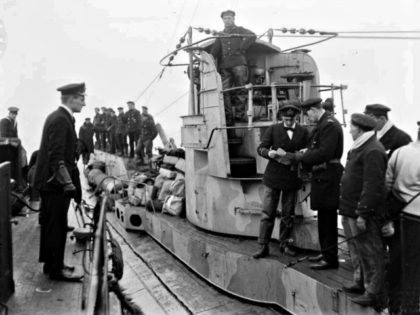
About a century ago, millions of Americans fought in one of the most deadly and horrific conflicts the world has ever seen. At the time, it was called the Great War, but today few people remember what happened and why.
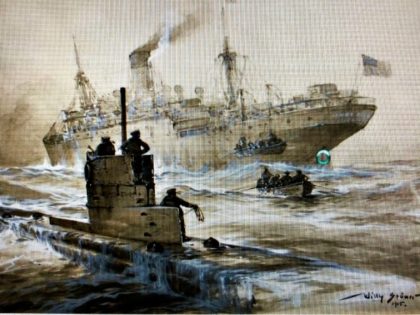
Some of America’s greatest innovations have been born from our most devastating tragedies. Such was the case in the Great War.
